 About The Author: My name is Sydney and I’m 19 years old. I’ve been diagnosed with Dysautonomia, EDS, GI issues, and Mast Cell Disease. I share my journey on my Instagram to try and help others in a similar position to me. You can follow me at @chronically_sydney!
About The Author: My name is Sydney and I’m 19 years old. I’ve been diagnosed with Dysautonomia, EDS, GI issues, and Mast Cell Disease. I share my journey on my Instagram to try and help others in a similar position to me. You can follow me at @chronically_sydney!
My Diagnosis Journey
Becoming chronically ill can mean many different things for different people. For me personally, my chronic conditions affected my life drastically when I turned 15. I was an extreme athlete who played sports year-round and I was attending my first year of high school when I started to get sick. After finally being diagnosed and things had progressed, we knew I wasn’t going to be strong enough to go back to school my sophomore year. I had to quit all of my extracurriculars and sign up for an online schooling program. In quitting my sports teams, I lost almost all of my friendships and became very socially isolated. Being the independent person I am, I didn’t strive to rekindle those previous relationships because I knew none of my friends would be able to understand the complexities of my situation. Plus, at the time I honestly didn’t have the energy to worry about anything other than my health. After a few years into my journey with chronic illness, I now have many friends in the community and a very large support system which has been vital in my healing process. Most of my friends are also chronically ill so they understand everything I am going through and we have connections unlike any other.
The Importance of Community
Over the last few years, I’ve learned how important it is to surround yourself with other people like you no matter what age because no one should feel alone in this journey. There was once a time when I was sitting in the waiting room for an appointment and I just so happened to have an NJ tube, a feeding tube, in my nose. A little girl, about five years old, walks up to me and tells me “you know I used to have one of those but now I don’t anymore, I have my tubie in my tummy.” I'm now very close with her family and get to see them every time they travel down to come to our local children’s hospital. An interaction like that may seem small but it truly isn’t—it’s a huge thing for both that child and her mom to see another kid like theirs who is older and thriving and doing what they want; that’s huge for them and it almost makes them feel more secure and safe and like everything is going to be okay. I have been able to meet many little girls and boys in similar situations to me and I’ve gotten to spend a lot of time with them and my hopes are that I can teach them to feel confident with their medical devices and make it known that there are many people out there like them and even though they may be different from the kids they play with at school when we’re together we’re all different in a wonderful way. One of the ways I get to meet many of these families is by volunteering at my local children’s hospital and Ronald McDonald House.
I also have friends that are my own age or even older that I have met through a local support group I attended. There was once I time when I was in the teen support group and it was a small group of girls ages 13-18 and we were all talking and comparing some of the horrible tests we’ve had to go through and we found out that all 6 of us had all had colonoscopies and we laughed about it for like ten minutes because where else are you going to find a group of girls who have all had colonoscopies?! Something like that can be embarrassing to talk about or even make you feel like an outcast but when you find your group of people who have gone through the same thing it is comforting and you don’t have anything to worry about because they just get it.
Finding People Who Can Relate
Another place I have been able to make many friends is online through platforms like Instagram and Facebook. Online friends are just as good or even sometimes better than ones in real life! There are many influencers out there who share their stories on Instagram and many of them are very friendly and are always willing to talk or help someone out. I have made so many great friends through Instagram and I have even gotten to meet some of them. Facebook is a place that is known for having many support groups which can be very helpful if you have certain questions you’re wondering or just want to meet others like you. They have groups for pretty much everything: feeding tubes, central lines, service dogs, dysautonomia, autoimmune diseases, GI problems, and more. And if you can't find one, you can always try creating your own page or group to spread awareness and build a community of people living with the same condition!
Tips For Finding Friends:
- Look for support groups both local and online
- Join Facebook groups (search the name of the condition you’re looking into)
- Reach out to other chronic illness warriors on Instagram
- Use hashtags when searching on social media platforms (#portacath, #feedingtube #chronicillness, #autoimmunedisease, etc.)
- Look into organizations that are for your specific health condition and reach out to them because they might have a local branch near you (Dysautonomia International, Lupus Foundation, U.S. Pain Foundation, Pediatric Pain Warriors, etc.)
- Ask your doctors office if they have any information on where you can meet others with the same condition as you
- Volunteer at your local hospital or Ronald McDonald House
- Most health conditions have some kind of awareness month/week/day, find out when yours is and participate in the activities they might have
From one spoonie to another, I hope this helps! You can connect with me on Instagram at @chronically_sydney.
If you are looking for more resources and support surrounding chronic illness, check out our other blogs:
- 10 Things Chronic Pain Taught Me
- Chronic Illness Guide: What To Pack In Your Backpack
- Working Full-Time With A Chronic Illness
What are some other ways to find friends in the chronic illness community? Let us know in the comments or email us at wecare@careandwear.com. We love hearing from our community members!



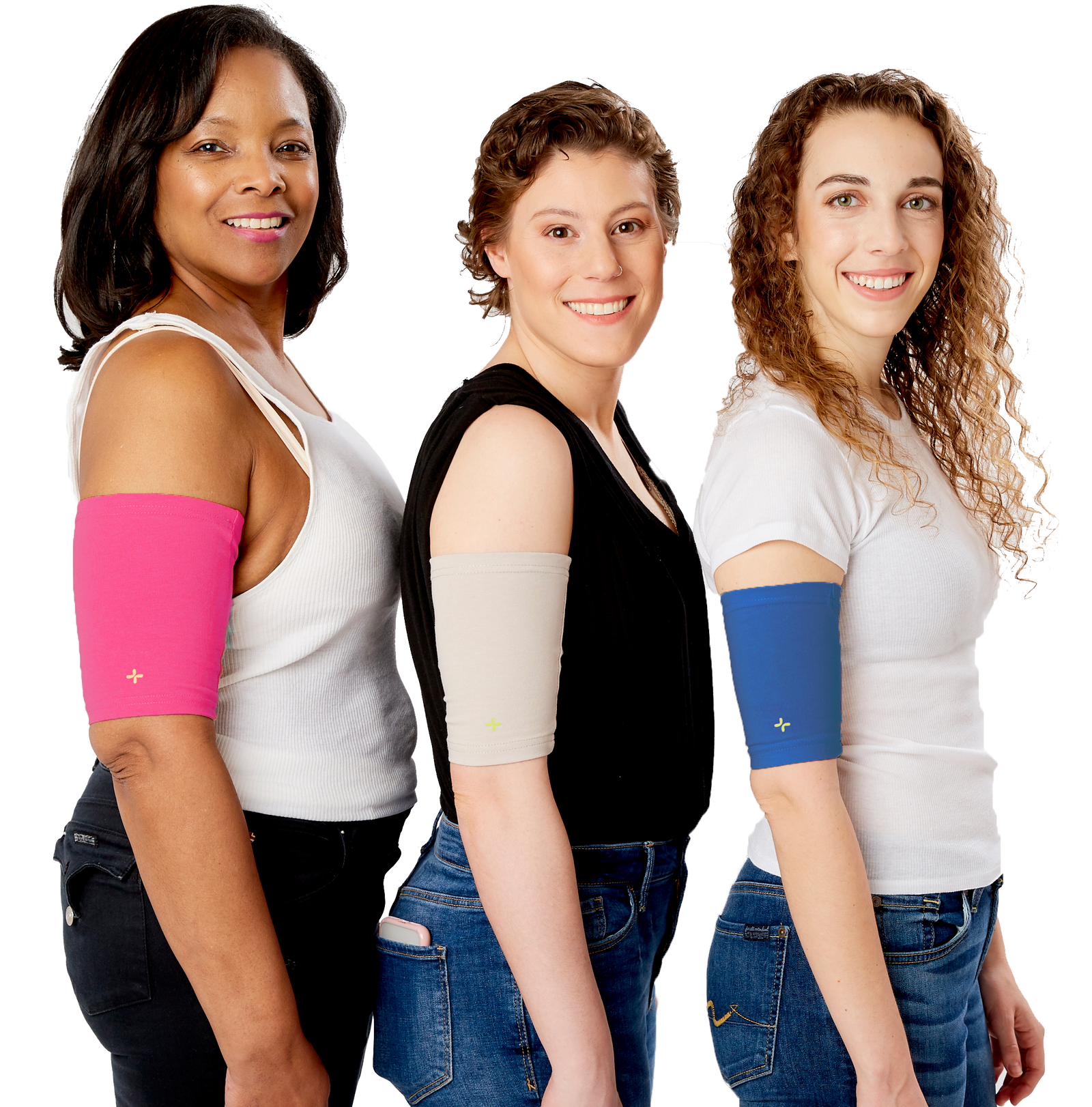


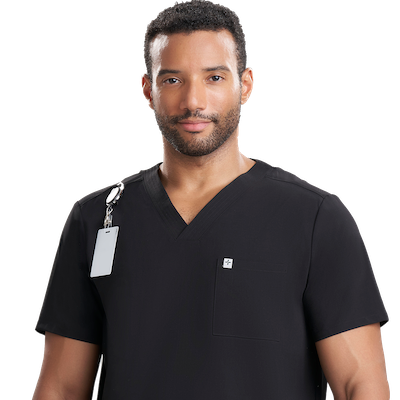
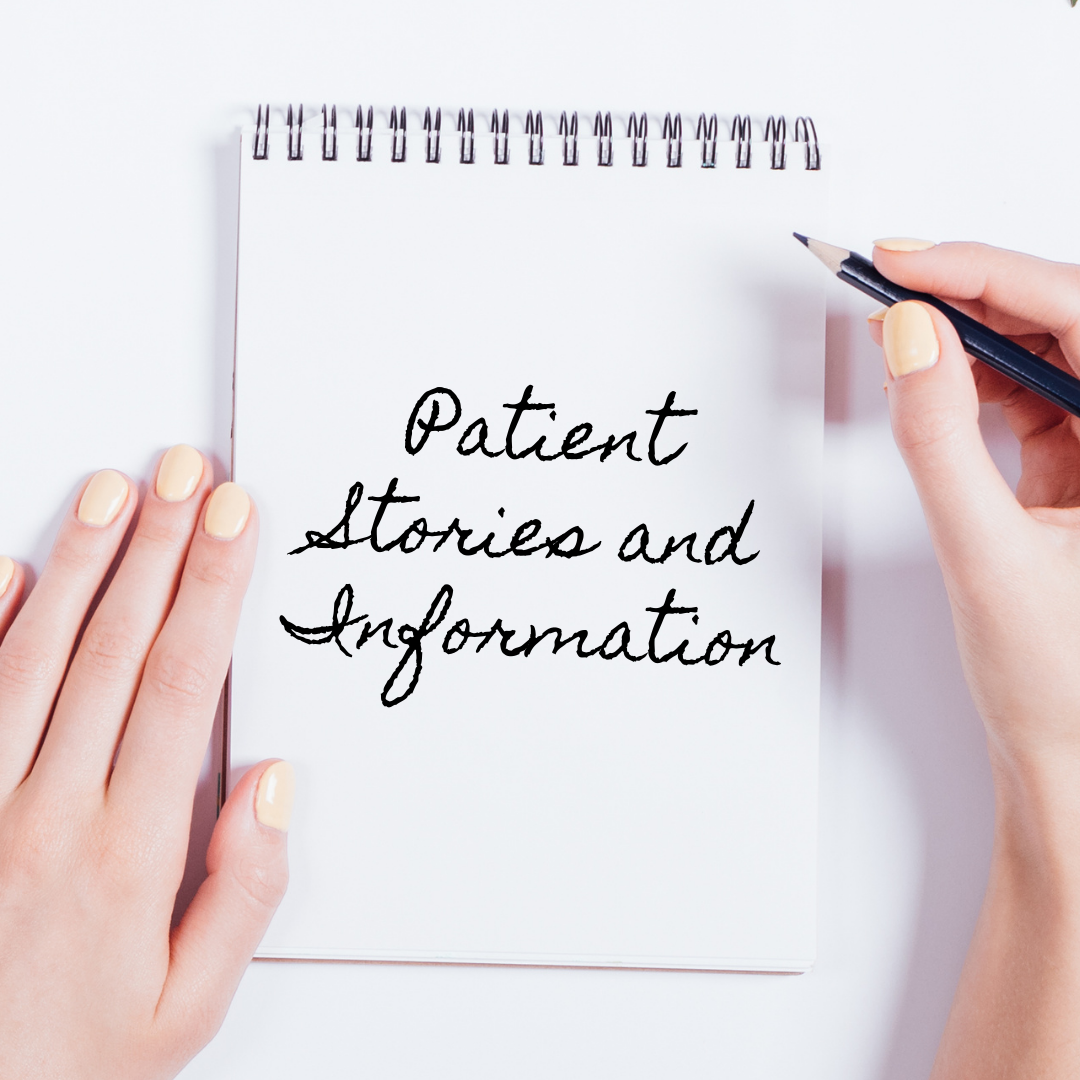
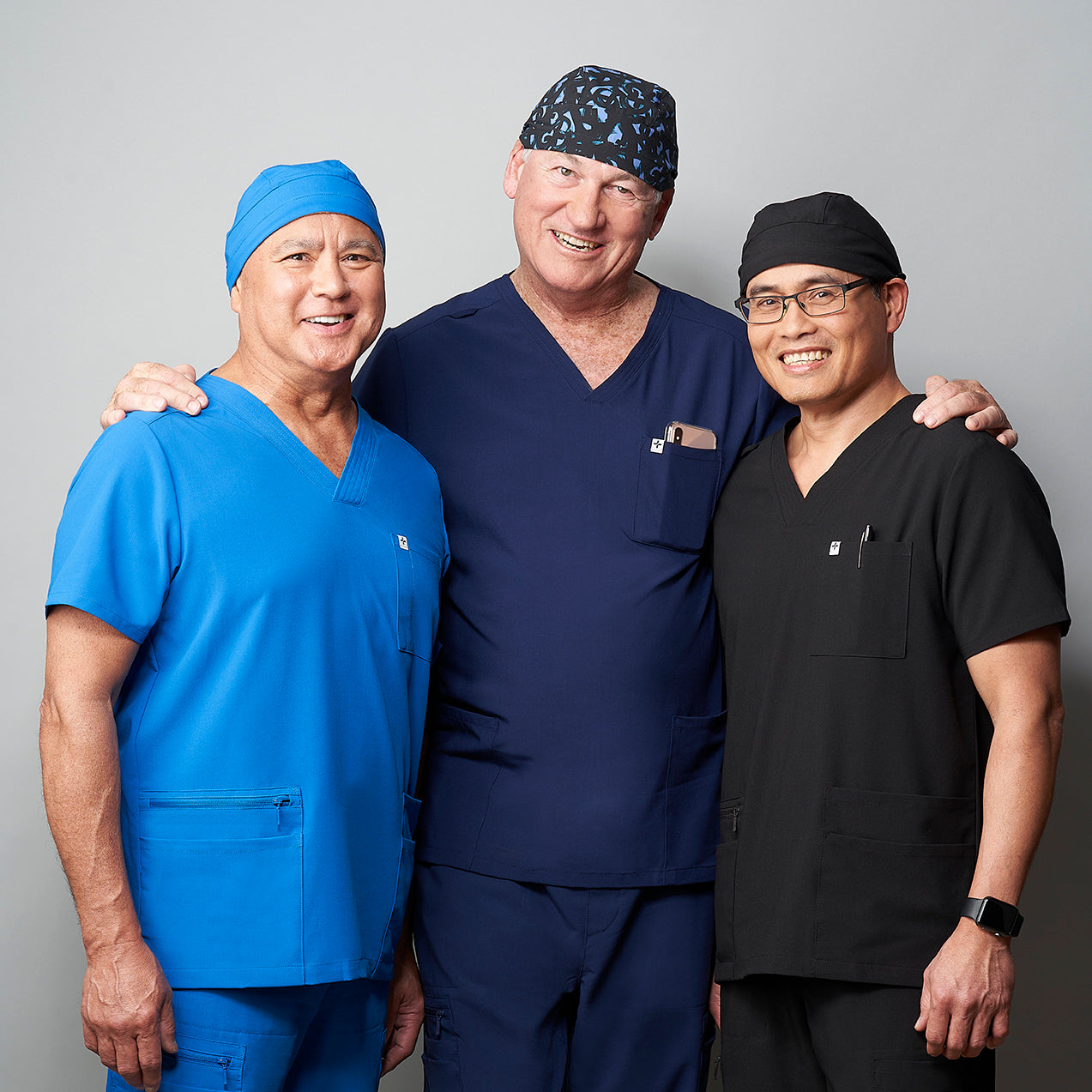
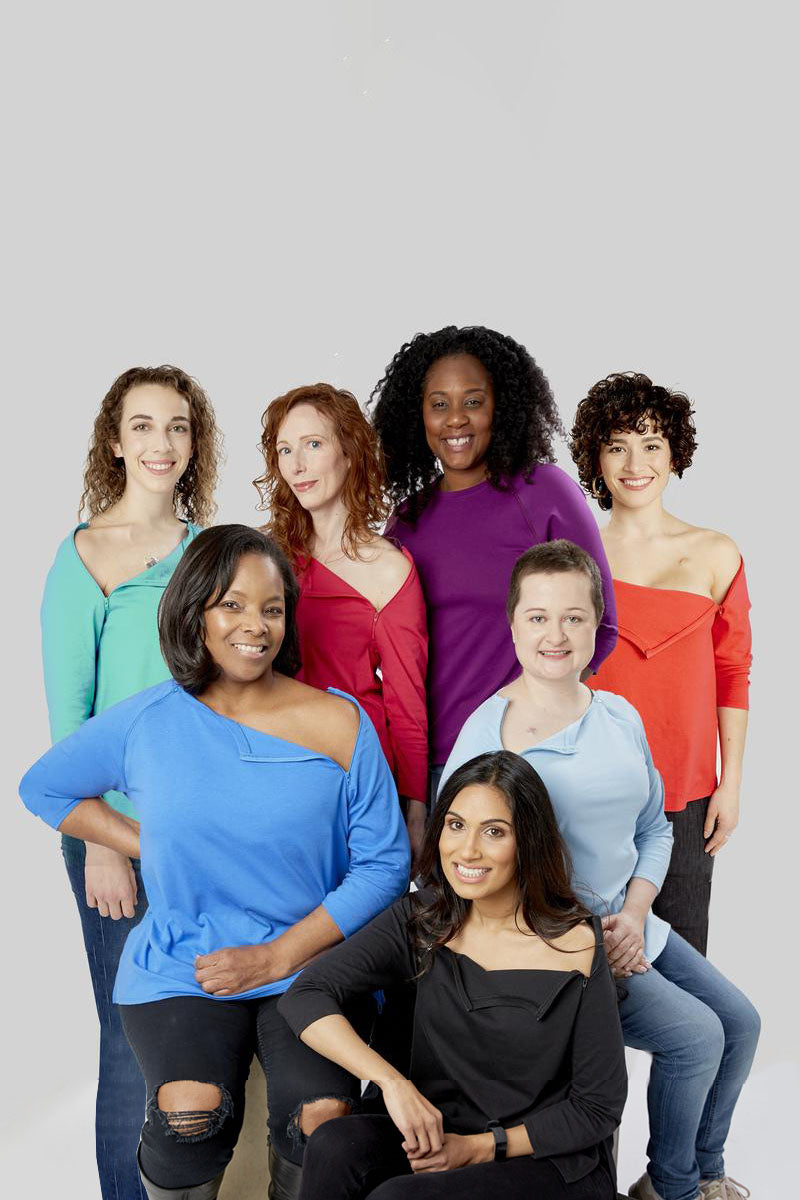
Belinda Jones
December 21, 2020
Your story made such an impact on me. I grew up with Tourette Syndrome and OCD as well as undiagnosed GI issues. The doctors finally chalked it up to an irritable bowel. I also developed hypoglycemia and actually passed out at school one day at my junior high school. My Tourette Syndrome went into remission long enough for me to serve 3 years in the Air Force and get married. It returned with a vengeance and I had to explain it to my husband. Because no one else in the family seemed to have it, I didn’t realize that it could be passed on in the genes. I later found out that one of my ancestors had it. Unfortunately I passed it on to one of my two children. I enjoyed working hard in the garden because it kept my tics temporarily at bay. In my early 30’s I was diagnosed with fibromyalgia and my long days in the garden were cut back significantly. Soon I began to develop arthritis as well. It was a struggle to keep up with my children and the housework because my husband traveled with his job a lot and I had no family or friends closely to help. I did the best I could and was thankful that at least nothing was life threatening. Between the fibromyalgia and my quickly advancing arthritis I was in pain almost all the time. By the time I was in my late 30s I had arthritis everywhere, including my spine. I began to develop migraines because of the damage that it caused to my cervical spine. By the time I was in my early 40s my gp could no longer help me and referred me to a pain specialist. He helped me a LOT and even helped me get on disability. I had to have one of my thumbs reconstructed because of arthritis damage and two artificial joints put in my feet- one in each foot. My GI issues continued to worsen and about a year ago I was finally diagnosed with gastroparesis. Suddenly most of the fruits and vegetables I loved so much were off limits. I can only eat fish, chicken, and hamburger. No more steaks or pork chops. There are times when I don’t feel like eating at all and I just try to stay hydrated. I’ve had two spinal stimulators so far. The first one stopped working and by then they had ones that were MRI compatible. I opted to have the first one removed and replaced with one of the newer ones. Unfortunately the doctor that put in the second one in was not nearly as proficient as the doctor who put in the first one. I had to be referred to a neurosurgeon who fixed the one for the lower half of my body. A couple of years later the battery to the upper half of my body migrated and began causing intense pain down my right leg. It had never worked properly so I opted to have it removed surgically. Last month the arthritis in my lower spine began compressing my nerves causing terrible lower back pain that radiated down my left leg. I had to have a back surgery to release the pressure. Two weeks into recovery my gastroparesis flared up and I couldn’t eat anything without becoming extremely nauseous. Even drinking liquids became almost unbearable. Because I lost my independence a little at a time I keep thinking back to the days when I could function fairly well and I get depressed. Tonight I was upset about something fairly minor and I was ranting about it to my current husband (second marriage). He understands me so well and knows that sometimes I just have to get it off my chest. He’s a wonderful man and we’ve been married 19 years now. I depend on him for so many things and he never seems to mind. ANYWAY, after reading your story and some others that were linked to yours I began to realize how minor that problem was and that even though my health may not be all that great, it could be worse- MUCH worse. It really put things into perspective. You’re a true warrior and I admire your strength. I will keep you all in my prayers. Thank you for sharing your story!!!